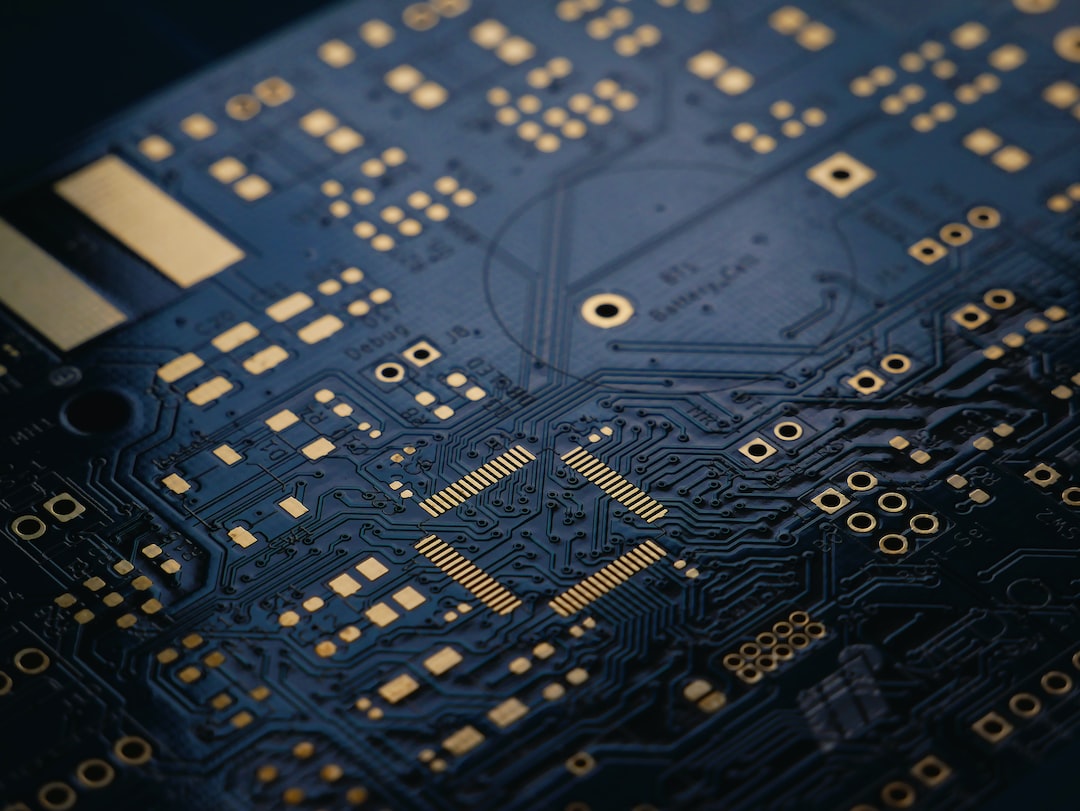Exploring the Role of AI in Engineering
Artificial Intelligence (AI) has revolutionized a myriad of industries, and the field of engineering is no exception. With its ability to process vast amounts of data, analyze complex problems, and make intelligent decisions, AI has become an invaluable tool for engineers. In this blog post, we will delve into the role of AI in engineering and explore how it is reshaping the way we design, develop, and maintain our built environment.
One of the most significant areas in which AI is making its mark in engineering is in the design process. Traditionally, engineers would spend hours and hours analyzing and tweaking designs to meet specific requirements. However, with the advent of AI, this process has become much more efficient and accurate. AI algorithms can analyze vast amounts of design data and optimize designs based on pre-defined objectives. This has not only reduced the time it takes to come up with innovative designs but also led to more efficient and cost-effective solutions.
Furthermore, AI has also enabled engineers to explore design possibilities that were previously deemed unfeasible. With its ability to analyze and simulate complex scenarios, AI can push the boundaries of conventional engineering wisdom. This means that engineers can now explore unconventional design ideas and test multiple options before settling on the most optimal solution. This level of design exploration has the potential to revolutionize the engineering industry, allowing for the creation of more sustainable, functional, and aesthetically pleasing structures.
In addition to design, AI is also playing a crucial role in the development and maintenance of engineering projects. AI algorithms can gather and analyze data from various sources, including sensors and monitoring systems, to detect anomalies, predict failures, and optimize maintenance schedules. By providing real-time insights into the health and performance of critical infrastructure, AI can help engineers make informed decisions and take proactive measures to prevent costly failures. This not only enhances the safety and reliability of engineering projects but also minimizes downtime and reduces maintenance costs.
Moreover, AI is also playing a vital role in the construction phase of engineering projects. Construction sites are complex environments with various activities happening simultaneously, making it challenging to monitor and coordinate different tasks. AI-powered systems can analyze data from sensors, cameras, and other sources to provide real-time insights into the progress and quality of construction work. This allows engineers to identify issues early on and take corrective actions, minimizing delays and cost overruns. AI can also optimize resource allocation and scheduling to ensure efficient utilization of labor, materials, and equipment. This leads to increased productivity and improved overall project outcomes.
Another exciting application of AI in engineering is in the field of robotics. AI-powered robots can perform tasks that are dangerous, repetitive, or require high precision, enhancing efficiency and safety in various engineering applications. For example, in manufacturing, AI-powered robots can assemble complex components with unparalleled speed and accuracy. In the field of inspection and maintenance, drones equipped with AI algorithms can navigate complex structures and gather valuable data with minimal human intervention. These advancements not only improve operational efficiency but also reduce human error and risk of accidents.
However, while the role of AI in engineering is undoubtedly transformative, it is important to recognize that it is not meant to replace human engineers. Instead, AI should be seen as a powerful assistant that complements and enhances human expertise. By automating routine tasks and providing real-time insights, AI allows engineers to focus on more complex and creative aspects of their work. It can accelerate the innovation process and help engineers make informed decisions based on robust data analysis.
In conclusion, AI is revolutionizing the field of engineering by enhancing the design, development, and maintenance of engineering projects. Through its ability to process vast amounts of data, analyze complex problems, and make intelligent decisions, AI is empowering engineers to push the boundaries of conventional wisdom, explore design possibilities, and create more sustainable and functional structures. By optimizing resource allocation, improving safety, and enhancing productivity, AI is transforming the way we engineer our built environment. However, it is important to remember that AI is not a replacement for human ingenuity. It is a tool that complements and empowers engineers to deliver innovative and efficient solutions.


